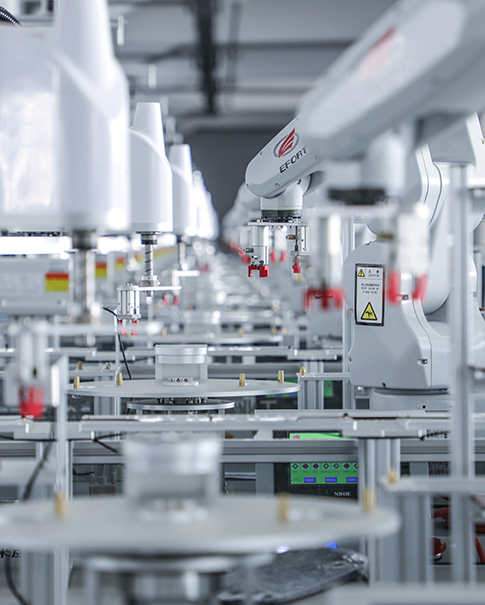The manufacturing sector is undergoing a significant transformation as it faces a multitude of challenges. With unpredictable markets and unforeseen disruptions, manufacturers are realizing that traditional supply chains are no longer enough to navigate the complexities of today's environment. An unfortunate example of such a disruption occurred at the Francis Scott Key Bridge in Baltimore, highlighting how vulnerable traditional supply chains can be. As the industry looks toward the future, there is a clear need for more adaptive, resilient, and intelligent supply chain strategies. This is where AI-driven smart supply chain solutions come into play, providing the tools necessary for manufacturers to stay ahead of disruptions, maintain efficiency, and ensure continuous growth.
The shift to AI-powered supply chains is more than just a trend; it’s a strategic overhaul of how businesses manage their operations. Traditional supply chains were designed with a focus on stability in a predictable market. However, the modern business landscape is characterized by constant change and unforeseen disruptions. AI’s ability to analyze vast amounts of data and detect patterns in real-time is revolutionizing the way companies manage their supply chains.By leveraging predictive analytics and real-time decision-making, businesses can proactively respond to disturbances, optimize inventory levels, and ensure timely delivery of materials. These capabilities are essential for keeping manufacturing lines running smoothly and meeting the demands of customers without delay. This shift from a reactive to a proactive supply chain model not only enhances operational efficiency but also improves resilience. Businesses that embrace AI-driven solutions are better equipped to adapt to challenges and seize new opportunities for growth, positioning themselves strategically in the marketplace.
AI integration in supply chains has a profound impact on various aspects of the manufacturing sector, streamlining operations and improving overall efficiency. Key areas where AI plays a critical role include:
Procurement: AI allows for strategic sourcing by providing real-time price forecasting and automating supplier negotiations. This helps businesses secure the best materials at optimal prices, improving the bottom line.
Predictive Maintenance: For maintenance personnel and engineers, AI-powered systems can predict equipment failures before they occur. By analyzing sensor data and identifying early warning signs, AI ensures machinery operates at peak efficiency, minimizing downtime.
Quality Control: AI-driven quality control systems can detect defects in real-time, preventing faulty products from reaching the market and ensuring that customers receive high-quality goods every time.
By enabling these smart processes, AI enhances supply chain resilience, ensuring that companies can not only respond to issues but also prevent them from occurring in the first place.
In the fast-paced and highly competitive manufacturing world, customer satisfaction is key to securing a strong market position. Smart supply chain solutions powered by AI allow manufacturers to quickly adapt to changes in supply and demand, ensuring that they can meet customer needs efficiently. AI-enabled predictive analytics helps manufacturers anticipate shifts in demand, while blockchain technology offers secure and transparent transaction records, which customers increasingly value for their reliability. With AI, businesses can streamline their supply chains, improve product quality, and respond to customers more effectively—all of which contribute to a more satisfied customer base. By adopting smart supply chain solutions, manufacturers not only address current challenges but also position themselves for future growth and success. This shift towards AI-powered, intelligent supply chains is not just a tactical move but a strategic necessity for staying competitive in today's dynamic market.
The transformation of supply chains through AI and smart technologies represents a seismic shift in how manufacturers approach their operations. This is not just an operational upgrade—it is a strategic pivot towards a more dynamic, robust, and competitive manufacturing landscape. As businesses face new challenges and uncertainties, AI-driven supply chains offer a path forward, enabling manufacturers to adapt, optimize, and innovate in ways that were previously unimaginable. Manufacturers who embrace AI today are not just improving their operations—they are setting themselves up for future success in an increasingly volatile and competitive market. The journey toward smarter, more resilient supply chains begins with a commitment to embracing these cutting-edge technologies.
AI-driven smart supply chain solutions are not just a passing trend but a critical element for the future of manufacturing. By harnessing the power of AI to enhance operational efficiency, improve resilience, and boost customer satisfaction, manufacturers can gain a strategic advantage in a highly competitive and unpredictable market. The transformation to smart supply chains is an investment in the future, ensuring that companies are better prepared for challenges and more capable of seizing growth opportunities.
 Network Supported
Network Supported